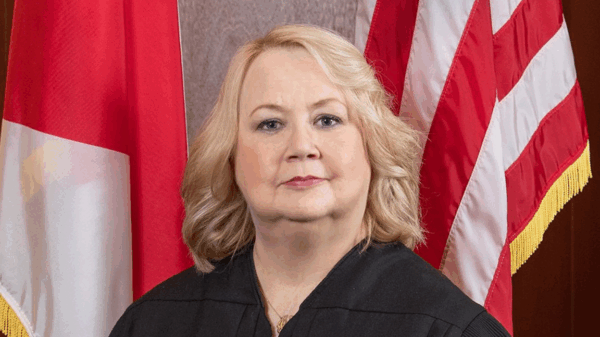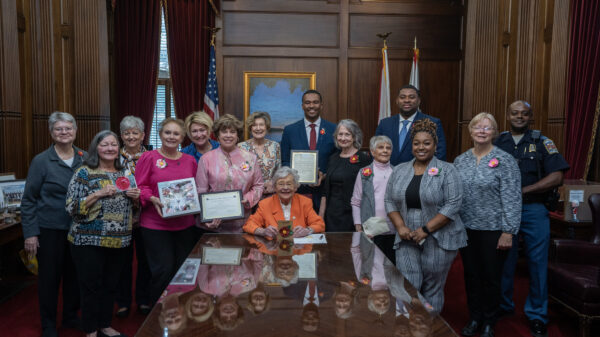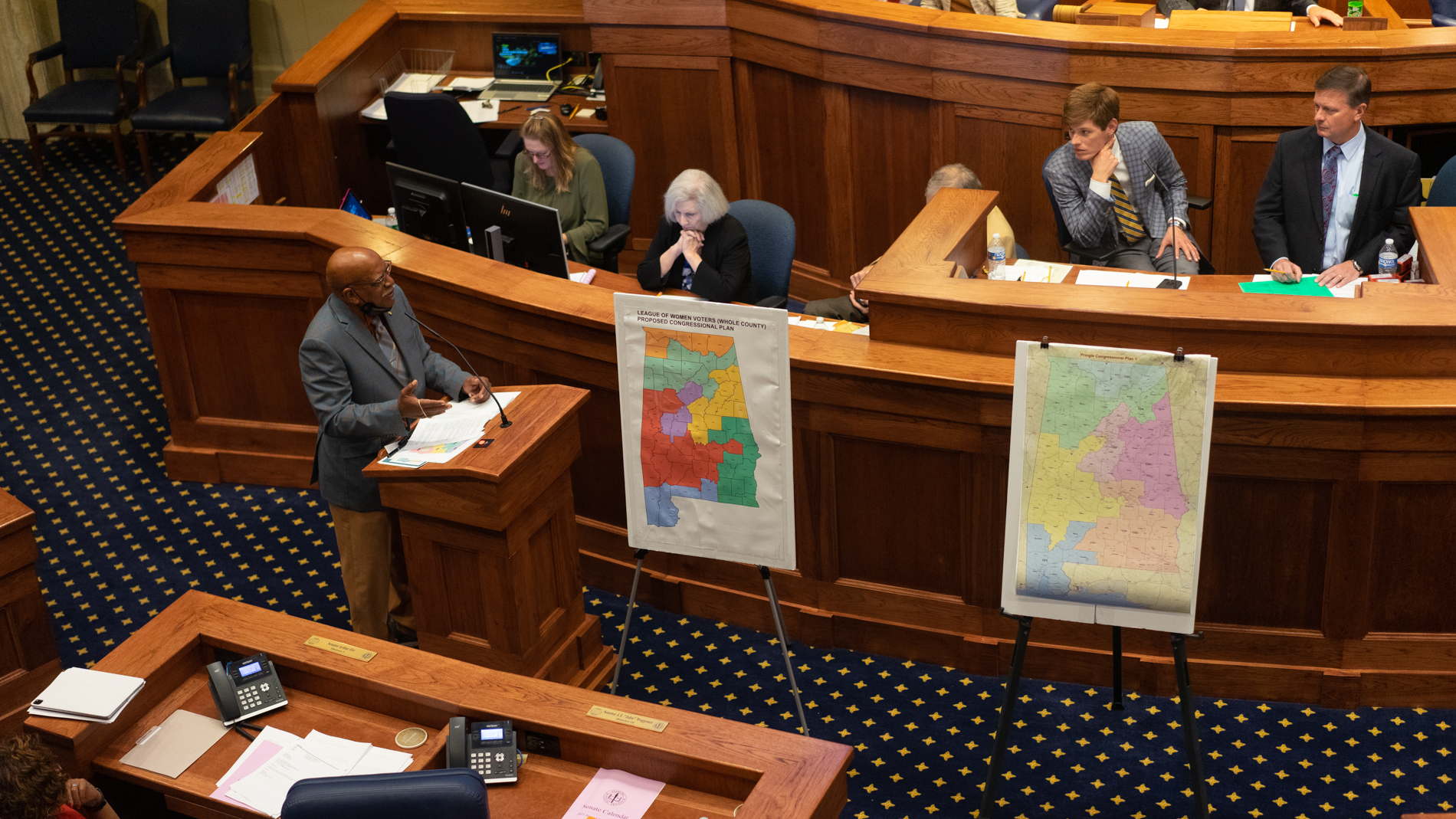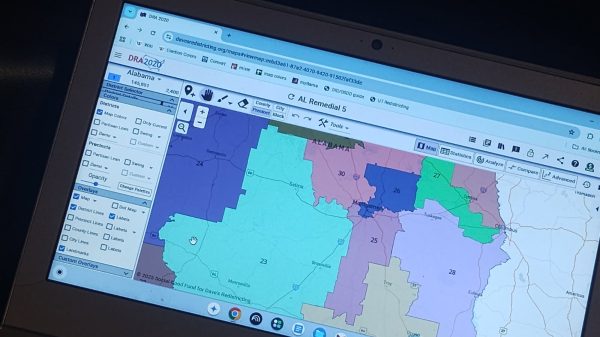The U.S. Supreme Court on Monday in a 5-4 vote allowed the congressional maps drafted by Alabama Republicans to remain in place while it reviews a legal challenge, overturning a lower court’s ruling that the maps likely violate the Voting Rights Act. Reactions to the Monday decision came in swift.
Those 2021 maps drawn by Republicans in Alabama maintain just one majority-minority congressional district, which plaintiffs in the case argue is discriminatory to Black voters. Black people make up 27 percent of the Alabama population, yet Alabama’s new maps maintain a 14-percent minority representation, according to the most recent census figures
“Today’s SCOTUS decision means that the canary in the coal mine just died. If there was ever a time for Congress to act on voting rights legislation, now would be it. Make no mistake, this is not a good outcome,” said Alabama state Rep. Chris England, D-Tuscaloosa, who is chair of the Alabama Democratic Party.
“Tonight, we will feel the sorrow that comes from watching our forbearers’ hard-won work be wiped out with the stroke of a pen from the shadows,” England continued. “But tomorrow is a new day with new possibilities. And we will fight, work and organize to regain and protect voting rights for Americans of all colors.”
U.S. Rep. Mo Brooks, R-Alabama, in a statement applauded the ruling.
“Activist federal judges ignored established law to usurp Congressional maps drawn by Alabama’s elected legislators,” Brooks said. “It is great news the U.S. Supreme Court stayed the racist and illegal interventionist order because ‘the merits (were not) clearcut in favor of the plaintiff’ and the liberal, activist three-judge panel order violated the requirement that their order not cause ‘significant cost, confusion, or hardship’ to Alabama’s election processes. Most importantly, the Supreme Court agreed to consider the three-judge order’s merits at a later time, without radically disrupting the 2022 election process that is well underway. Hopefully, the Supreme Court will then reject, not promote, racism.”
Evan Milligan, a plaintiff in the lawsuit over the maps, in a statement said they are disappointed by the decision.
“The fight for fair representation for Black voters in Alabama has been a winding road, generations long. However, during a month set aside to honor Black American history, we are reminded of the strength and dignity displayed by our ancestors who routinely confronted a wide variety of disappointments,” Milligan said. “We won’t dishonor their legacy by putting down the torch they have handed to us. We will continue striving to ensure that our Legislature honors the Voting Rights Act and that Black Alabamians have an opportunity to elect a candidate of their choice. We will continue working so that Black children feel safe making informed choices about who they want to be, and that most Alabamians embrace the connection of their own personal liberties to the fullest freedom of those Black children.”
Deuel Ross, senior counsel for the NAACP Legal Defense and Educational Fund, which is representing plaintiffs in the lawsuit, called the Supreme Court’s decision “disheartening”.
“But the facts are clear: Alabama’s current congressional map violates the Voting Rights Act. The litigation will continue, and we are confident that Black Alabamians will eventually have the congressional map they deserve — one that fairly represents all voters,” Ross said.
“The people of Alabama shouldn’t have to vote on a map in 2022 that we know is unfair, but we look forward to vindicating our claims at trial as the case continues in federal court,” said Tish Gotell Faulks, legal director of the ACLU of Alabama.
Davin Rosborough, senior staff attorney for the ACLU’s Voting Rights Project, said the ruling is just a temporary step.
“Our challenge to Alabama’s racially discriminatory congressional map will continue as we fight to ensure Black Alabamians have fair opportunities to elect candidates of their choosing,” Rosobrough said.






















































